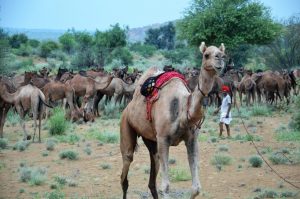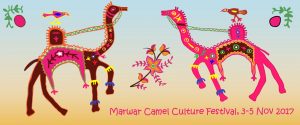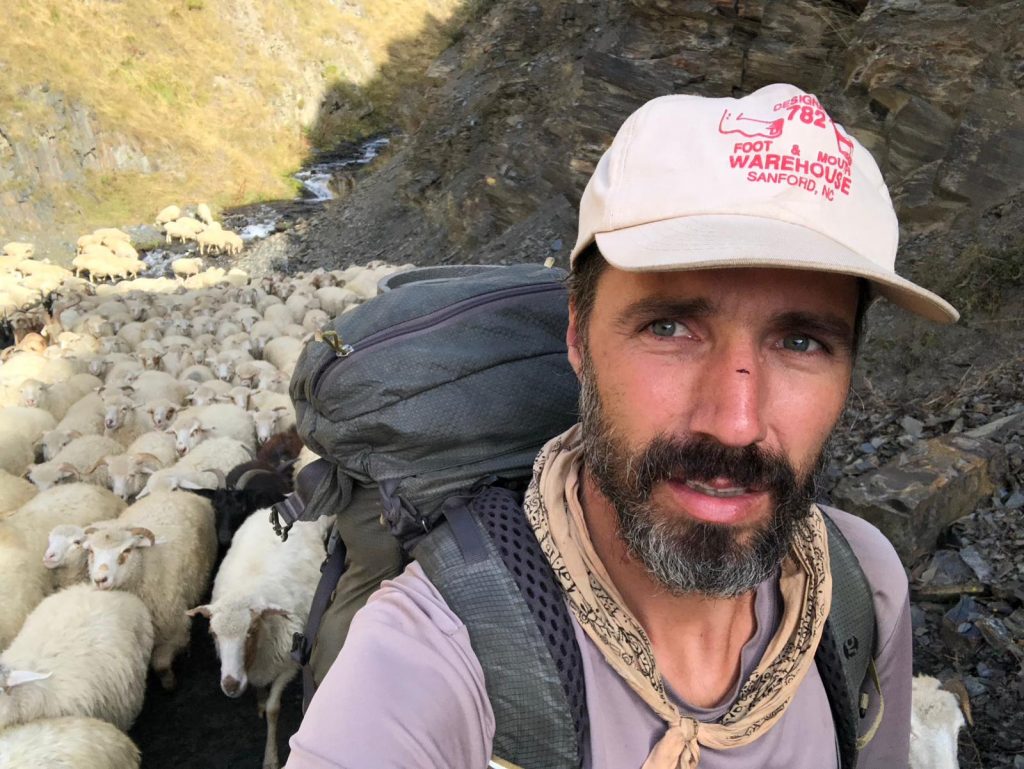
Rajasthan’s camel breeders have faced almost unsurmountable difficulties in maintaining their ancestral camel herds, due to the camel becoming state animal and due to the associated legislation. Their situation is dire and camel numbers continue to drop. In their Biocultural Community Protocol the camel breeders present their perspective and outline necessary interventions to save the camel. The BCP was submitted to the government of Rajasthan on 5th November during the Marwar Camel Culture Festival in a function presided over by H.H. Maharaja of Jodhpur who pledged his support. Other special guests included Shri Pushpendra Singh, Energy Minister and Shri Otamram Dewasi, Minister of Gaupalan. Together with the BCP, the camel breeders also presented a draft Rajasthan draft state policy on camel conservation. Hopefully some action will follow!



